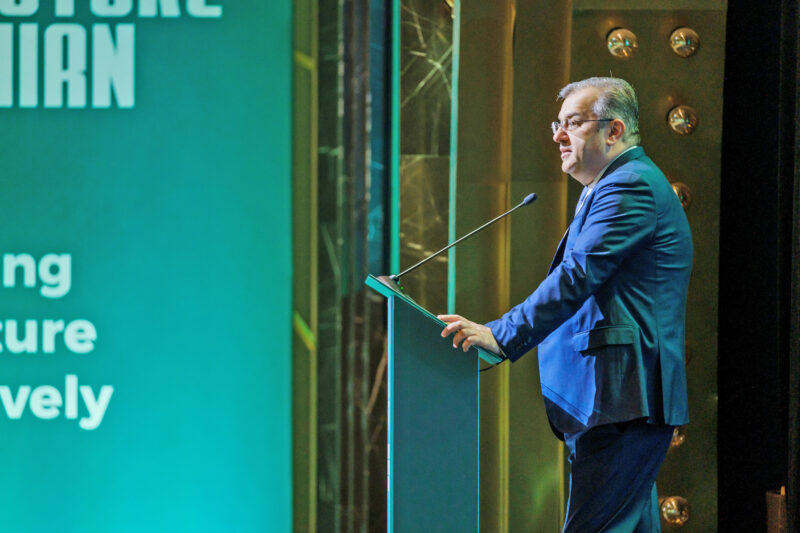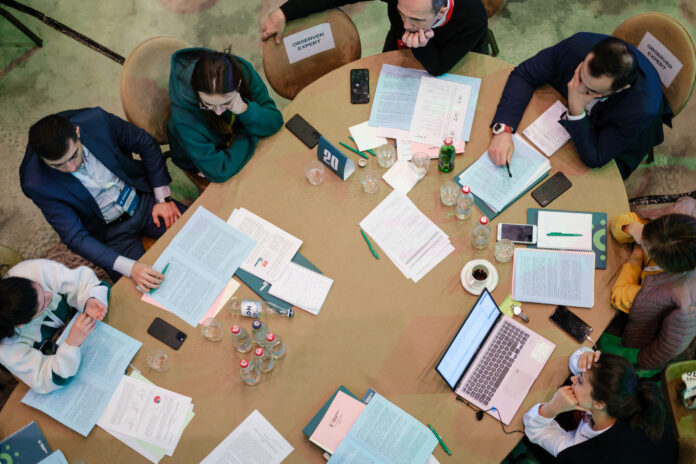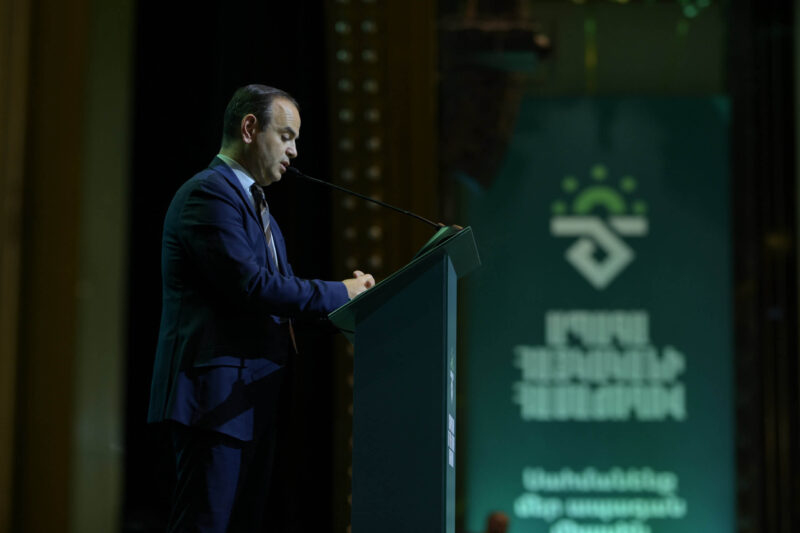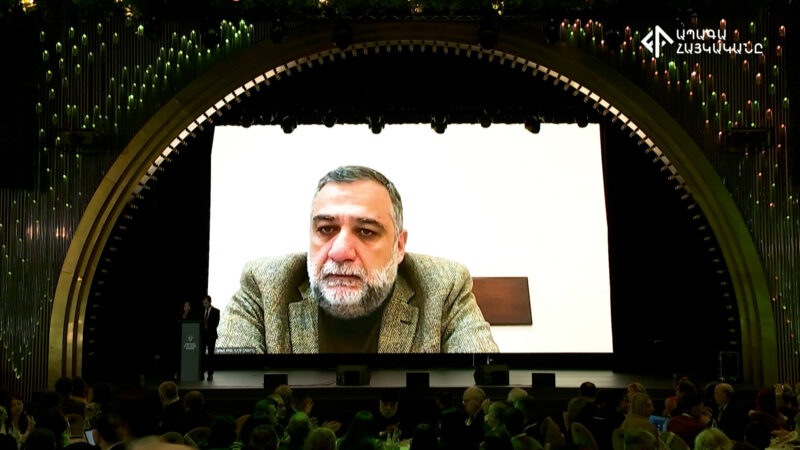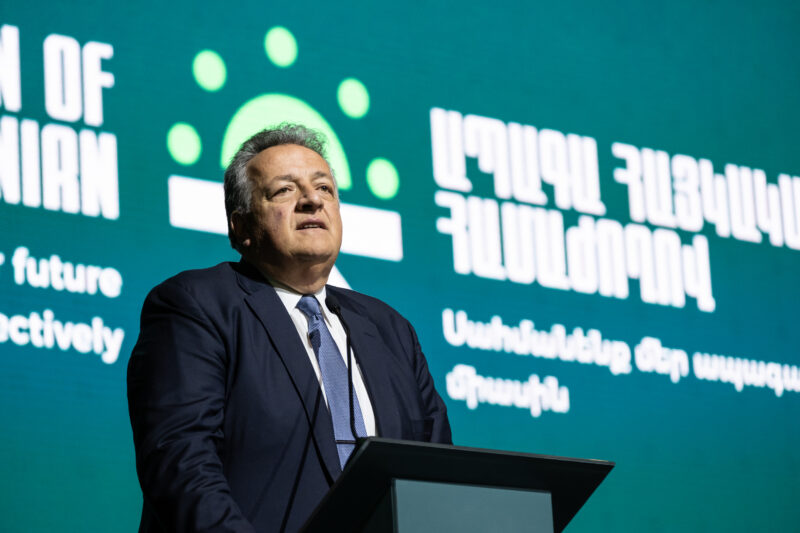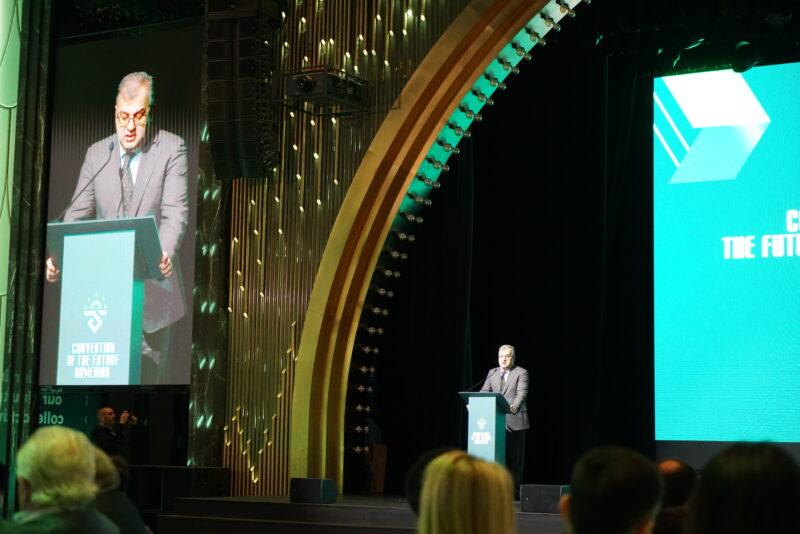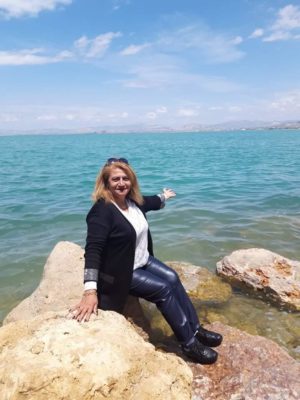WATERTOWN — The Future Armenian Convention, a type of a citizens’ assembly (see prior coverage in the Mirror-Spectator) took place in Yerevan on March 10-12. One hundred participants from Armenia and Artsakh and one hundred from the far-flung communities of the Armenian diaspora were selected by lottery, including this author from the Boston area.
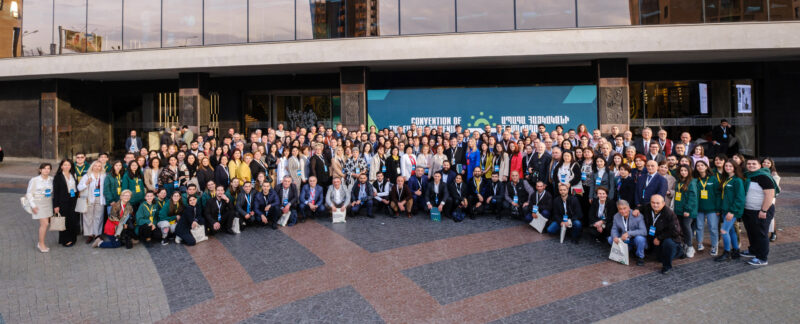
Those who physically were able to make it to Armenia met each day in the large Dvin Music Hall for discussions that concluded in voting on goals for the Armenian nation and proposals for action. Each of the three days focused on a different broad theme which was one of 15 goals previously chosen as significant by the Future Armenian Initiative: historic responsibility, Armenia-diaspora unity, and demography (increasing the population). Written reports had been given to participants on each theme that were prepared previously by committees of experts. In addition, a video summary of each theme was screened in the morning.
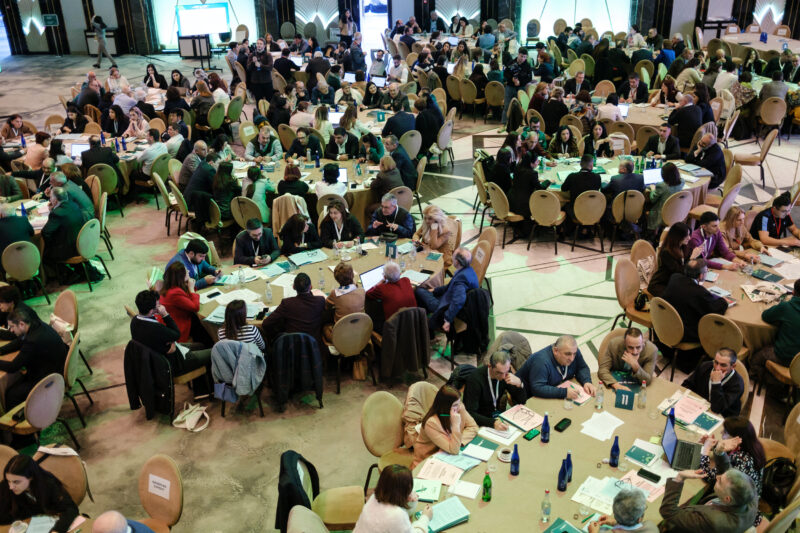
Each morning, participants were divided into small groups seated around a table in the large hall to begin discussions, which were led by a facilitator or moderator, and summarized by a second person with a laptop. There were large screens on the walls of the hall on which the summaries were projected and constantly changed. The groups were chosen to bring together different types of people, and changed every day, while during meal and coffee breaks, it was possible to meet many others. There were also observers occasionally joining the various tables. Many of these were activists or experts from the committees that had previously prepared reports. They did not have the right to vote on the proposals.
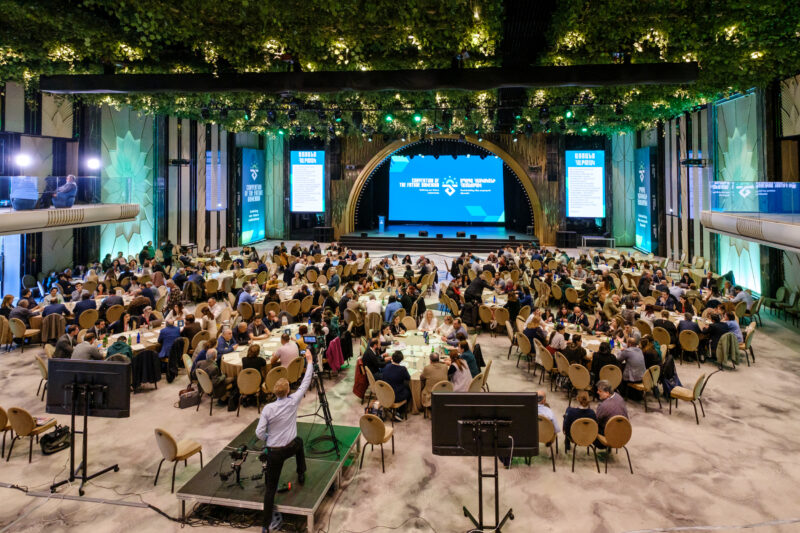
The majority of the proposals were prepared previously by the expert committees, but a small number of new ones from the participants were added to the list prior to voting each day. See the summary of the voting here. Here, the views of two of the formulators of the process will be presented.
Initial Self-Evaluation
Artak Apitonian, executive director of the Future Armenian Development Foundation, declared that the step of including the diaspora along with Armenia and Artsakh in the citizens’ assembly in Armenia meant this was going to be a pilot, not only for Armenians, but on a world scale, since this has never been done before for any people. Another aspect which was experimental was the formation of the expert committees. In the classical citizens’ assemblies there might only be a handful of experts. In the Armenian case, there was an open-ended expert group which worked for around five months, Apitonian said, including experts from all possible schools of thought, including from the left, right, nationalists and globalists.
